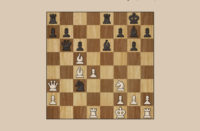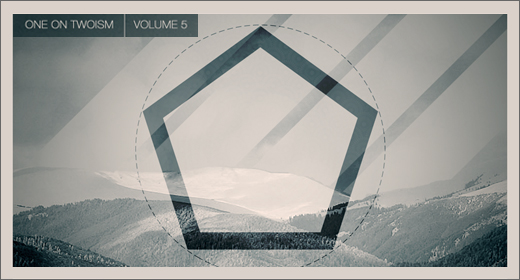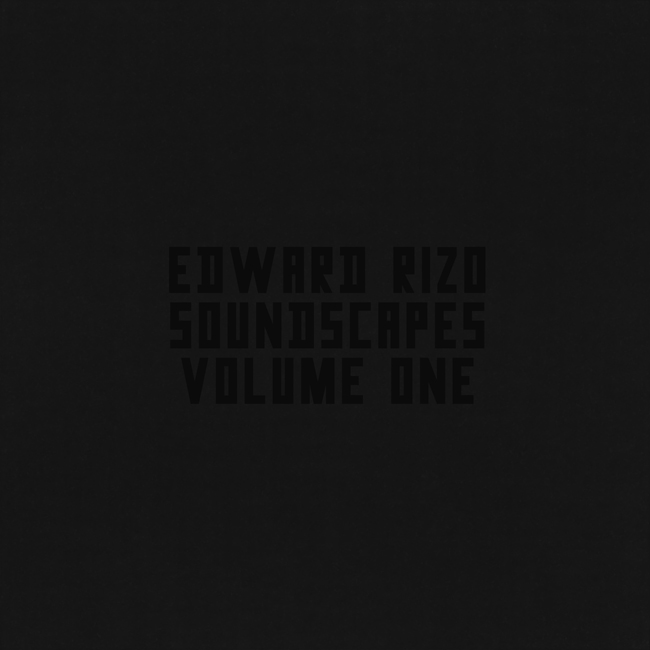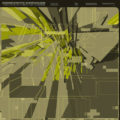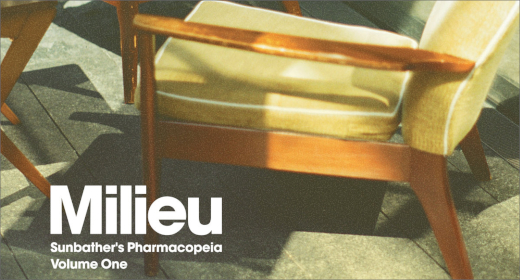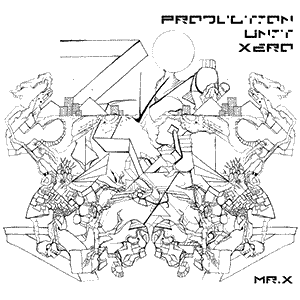It all has to do with the recollection of memories, the imprecise and confusing nature of memory itself, and that longing everyone has to travel back to another place years ago made ideal by the passage of time.
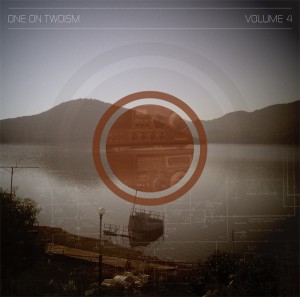
[Purchase CD | Digital download] It should be self-evident now that Boards of Canada are irreplaceable and inimitable, and the absence of any new material in 4+ years has made this even more obvious. The last time they released anything, the Trans Canada Highway EP, it was halfway through 2006, a few years before nostalgia became irritatingly pervasive in pop culture. Of all the producers that have tried since then to take Boards of Canada’s place, Christ. has been the only producer ever able to walk the thin line between being dismissed as a Boards of Canada sycophant and a hopeful, well-intentioned producer who is trying too hard. Being one of the original members of the group couldn’t have hurt, but is it really that difficult to recreate Boards of Canada’s sound?
Unfortunately, that question is increasingly difficult to answer now that so many musicians are willing to sell your memories back to you as mp3’s. Even the critic-championed synth music of 2010 is guilty of this – Whether it was a Klaus Schulze throwback or just an 80’s educational vision, a lot of new synth music within the past few years has had hints of one or both categories. Not to mention chillwave in its entirety. It all has to do with the recollection of memories, the imprecise and confusing nature of memory itself, and that longing everyone has to travel back to another place years ago made ideal by the passage of time. And regardless of any artistic intent, there’s always a possibility that nostalgic music can be construed as a mere appeal to sentimentality in order to profit. Call it recollexploitation, perhaps.
If this is what Boards of Canada was doing all along (it was), why the hell don’t more people have a problem with it? I certainly don’t, and apparently neither do the people behind One On Twoism Volume 4. The only plausible explanation for this is that Boards of Canada were able to achieve something astounding – processing their own memories to make music that was at the same time intensely personal and undoubtedly universal, without thinking of ways to profit from it. Profit they might have, but still, is there anything really insincere about Music Has The Right To Children? Given the musical climate at the time, probably not. Just two dudes who loved My Bloody Valentine and The Incredible String Band channeling their memories of educational video soundtracks into something that became an all-time classic. There is something amazing that permeates Music Has The Right To Children. It is recognition of the imprecision of one’s own memory of bored daydreaming at school, and the exploration of the double nature of recollection – the joy of long-gone sounds and sights coupled with the pain of not being able to fully re-experience them. This perfect combination of pure artistic vision and studio mastery is formidable, imitations of which are best left to the artists themselves.
So, given the problematic nature of outdoing Boards of Canada at the game they practically invented, why handicap yourself by advertising the fact that you’re attempting to imitate their sound? Why spend four albums doing so? As I said earlier, a producer has an extremely slim chance of transcending the difference between obsequious flattery and misdirected nostalgia-plundering. I mean, at least with a Tycho album I have a few minutes before I realize he’s trying to make the Next Great Boards of Canada Album and listen to something else.
The shame with One On Twoism Volume 4 is not its actual content, but the fact that it’s designed to appeal to Boards of Canada fans who just can’t take the wait any longer. The artwork including radio towers and serene lakes, the vaguely wistful track names, hell, even the URL of its website (twoism.org) – I get it! The issue – and you’ve waited long enough for the back handed compliment – is that a lot of this is very good music made by very talented producers! It just might not get a fair chance from more cynical listeners, myself included.
The first standout is “Dense Planet” by Rik Olson. The slow, simple beat works perfectly paired with slightly detuned, echoing guitar strings. “The Big Mill” is also a favorite. It works in the same way an interstitial Boards of Canada piece might, pairing odd, cascading synths with what is apparently a sample of Margaret Thatcher speaking. The next track, the beautiful “Earthrise,” is one of the few successful ambient songs on the album (audio stream below). “Foma,” (audio stream below), “Park Avenue,” and “Hang Glider Parade” are all enjoyable, spacey excursions. It’s too bad “Strange Deed” is relegated to a little over a minute in the slower second half of the album – it would have fared nicely with some development and protraction. With a little recontextualization, these songs could have been comfortably nestled among the releases of great experimental music labels – Merck Records comes to mind first.
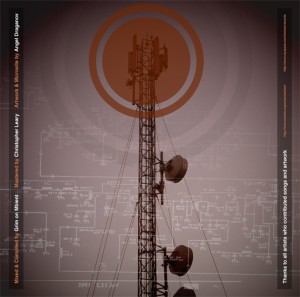
Where One On Twoism Volume 4 aims to succeed is exactly where it fails: accurate and authentic mimicry of the Boards of Canada sound. This is why the second half of the album drags so much: in trying to recreate the nostalgic magic of pieces like “In The Annexe” and “I Saw Drones,” the producers have assembled an inadvertently dull olio. Other, longer pieces succeed not by virtue of any similarities to Boards of Canada songs (though if you’re looking for the sound-a-like contest winner, it’s “Panic Over.” for sure), but on the strength of the songwriting or the quality of the production. Most of the artists here have unfortunately handicapped themselves by channeling their talent towards creating a highly specific, near-impossible to achieve sound.
Nothing on here works as an accurate Boards of Canada reproduction, and perhaps this is intentional. On every track there’s something askew – the percussion is very crisp, the synths are too modern-sounding – all complaints that aim at a quality of the music but slightly miss the mark, a mark that can only be described as “trying too hard.” This should be expected from a Boards of Canada tribute album, something that tries to improve on something that was perfected more than ten years before.
But this should be encouraging! The One On Twoism series’ critical flaw should also serve as an pertinent message for its associated producers: Try something new. I have no doubt that any of the musicians on this compilation (and the three before it) could find success within another genre. IDM, chillout, ambient, post rock, instrumental hip hop – anything but Boards of Canada homage. One On Twoism Volume 4 is only discouraging insofar as it is a showcase of misdirected talent, talent that could be used to make new, exciting breeds of electronic music – maybe even music that channels nostalgia in the same respectful, perfect way Boards of Canada did. It’s the difference between, say, using one’s guitar skills to make original music or to form a Led Zeppelin cover band; the difference is enormous. Can you name any Led Zeppelin cover bands off the top of your head?
One On Twoism Volume 4 is out now as a no-charge digital download and available on CD January 18, 2011 on Twoism. [Purchase CD | Digital download]
[soundcloud url=”http://api.soundcloud.com/tracks/8394872″ params=”show_comments=true&auto_play=false&color=000000″ width=”100%” height=”81″ ]
[soundcloud url=”http://api.soundcloud.com/tracks/8309429″ params=”show_comments=true&auto_play=false&color=000000″ width=”100%” height=”81″ ]








